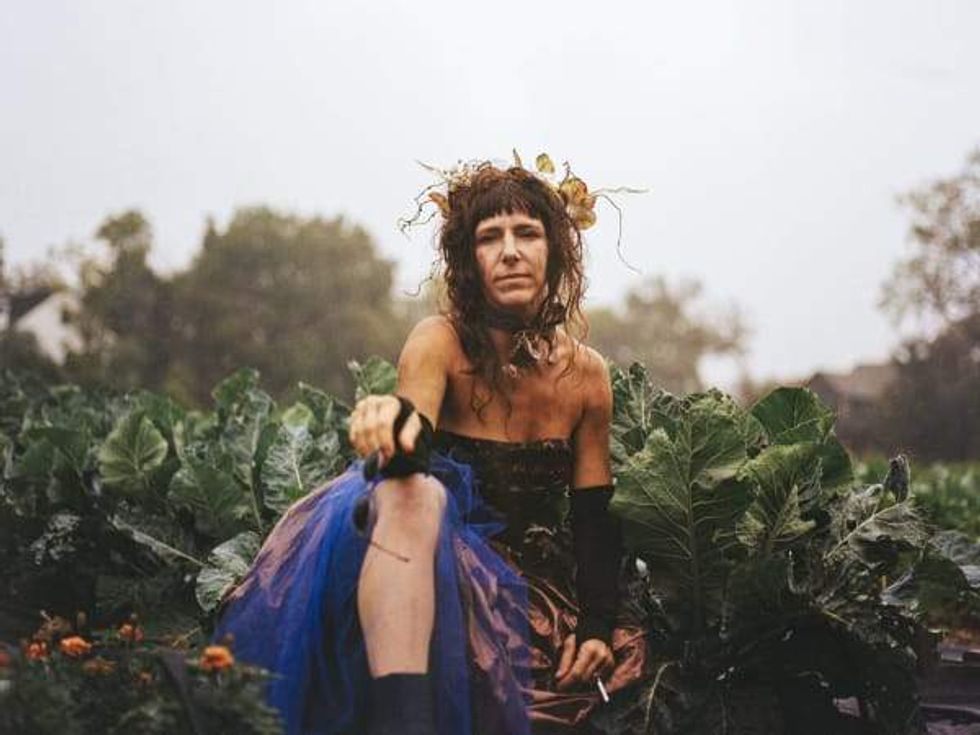Goodbye X Games
X Games pulls out of Austin in surprising turn of events

UPDATE: An update from ESPN has been added to the original story.
---
Bad news for extreme sports fans: X Games will not be returning to Austin after 2016. In a brief statement on Tuesday, ESPN announced it is looking for a new host city for 2017-2018.
The news of its departure from Austin comes as a surprise, as ESPN agreed to a four-year run (through 2017) at Circuit of The Americas.
Initial speculation of the departure centered around financial concerns with COTA. However, a spokesperson with ESPN told CultureMap that the reason for the exit was due to timing. Historically, the X Games have been held in July, when it did not have to compete with other major sporting event broadcasts — X Games Austin has been scheduled in June for three years now. As COTA is unable to host X Games in a July timeframe (who wants to be outside in Austin during July, anyway?), COTA and ESPN mutually agreed that 2016 would be the last year of X Games Austin.
"We've been honored to call Austin home of the X Games since 2014," said X Games Vice President Tim Reed in the statement. "We thank COTA, the City of Austin, and State of Texas for their support and look forward to an amazing final X Games Austin."
There's no news yet on who will take the reins from Austin, but previous finalists included Chicago; Detroit; and Charlotte, North Carolina.
X Games Austin will take over COTA one last time June 2 through 5. Tickets go on sale Thursday, March 24.


 Fables from the Farm is hosted at Boggy Creek Farm, one of Texas' oldest urban farms.
Photo courtesy of Fables from the Farm
Fables from the Farm is hosted at Boggy Creek Farm, one of Texas' oldest urban farms.
Photo courtesy of Fables from the Farm

